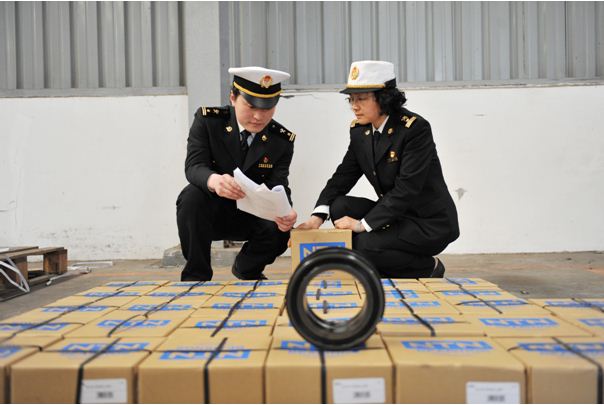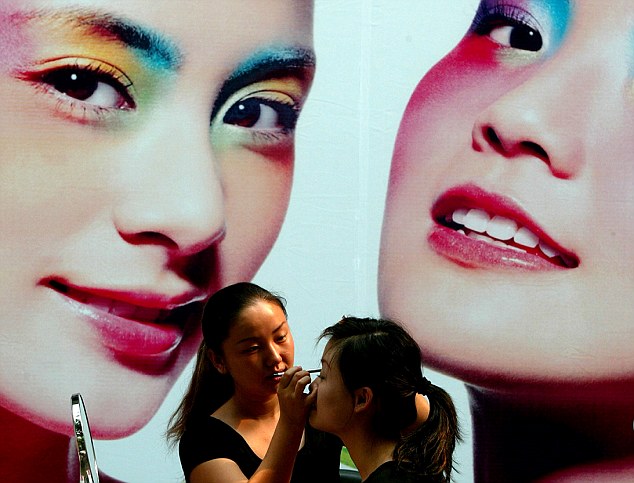Chinese importing rules, especially for cosmetic, are known for their high complexity. Indeed the regulatory framework is in constant change, which makes importation rules a little bit harder every time. It is important for you to get to know this regulations in order to tap easily into this market
A whole new organisation

The China Food & Drug Administration (CFDA) had a growing investment in the organization system of cosmetics industry regulations, increasing in the same time concerns about toxicology in products and its impacts on the consumer safety. The CFDA is even holding the role of the Hygiene Bureau.
Moreover the powerful agency AQSIQ (General Administration of Quality Supervision, Inspection and Quarantine) enrolled a ministerial-level control of cosmetics companies importing in China. Especially due to recent scandals that happened in the Chinese food industry. Many entities from very different levels seems to have a growing importance by getting involved in the Quality and Entry inspection of cosmetics products.
Is the new components registration, a barrier to innovation?
All these restrictions are a huge problem, especially for small to medium size companies which are facing more difficulties when it comes to pay for extra-costs or even to make their products suitable for Chinese consumption.
Yet, these requirements seems to be harsher for manufacturers and importers of cosmetic ingredients. Indeed, compared to other countries’ regulations, China’s customs seem much stricter, the list of approved ingredients is quite short and exclude a whole set of components. Moreover, the long registration process sustained by products excluded from the list, represent a gigantic barrier for the international cosmetics actors, particularly when it comes to innovation
Therefore, taping the Chinese market doesn’t seem to be the best strategy for new challengers of the cosmetics industry.
Administrative entities and procedures delay
Procedures for made in China cosmetic products are already long and burdensome, then imagine how many times worst it must be for imported products. Indeed, the hassle is much stronger, registration then becomes in these cases a major issue.
In fact a 5 years plan has been voted in order to focus on domestic demand and consumption, which aim at supporting Chinese Industry. The Chinese government wants to give a new direction for its economy less dependent to other countries, with exportation or importation. The context is therefore not in favour to imported products. This policy is already operating a strong impact on the Chinese business plan, you can observe it just by checking the approval pattern for imported cosmetics products (usually handled at a national level) and domestics products (which can be performed at a national level).
The full registration process require a whole year in average, for a brand proposing a new product with a brand new formula. All this time need is mostly due to toxicological test that are mandatory to sell in China. Delays caused by these procedures can represent real issues for companies, particularly when they want to sell for special occasions such as Chinese New Year.
Still, even though at first glance those ever tightening Chinese regulations may scare you away, don’t forget that once it’s done, it’s done. You only need to know how to promote it the right way.
For that you should look into this post
Besides, as a foreign brand you still have a good shot at the Chinese cosmetic market
Cherry on top , take a look at this from maximizesocialbusiness
Source :



